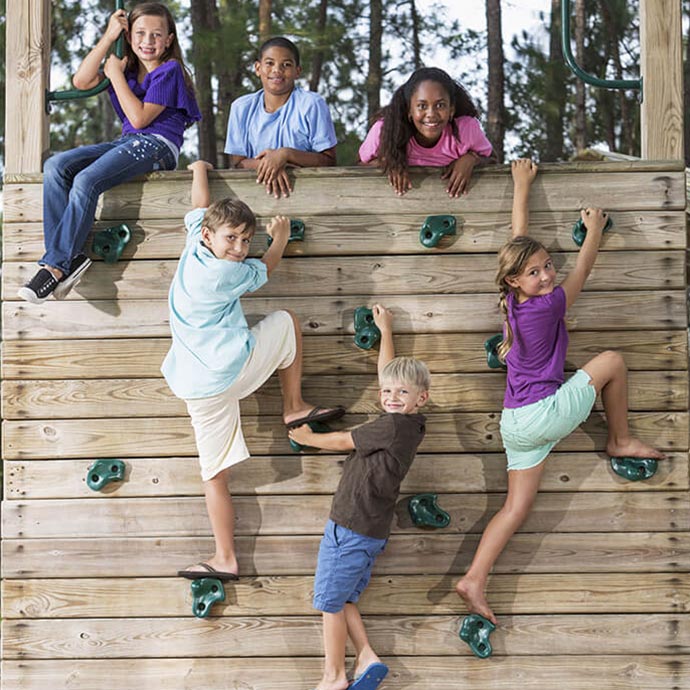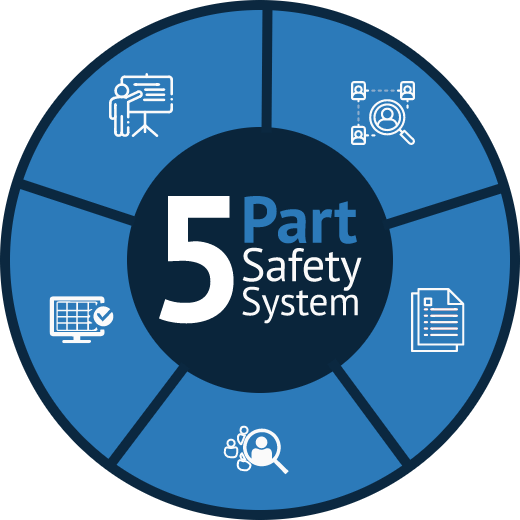Camp safety is only as strong as its weakest link. To address the risk of child sexual abuse, every camp should have a system of protection in place, as opposed to a single screening or training element.
Concerned parents are asking camps and conference centers:
- “What are you doing to protect my child at this camp?”
- “What should camps be doing to address this risk?”
Why are children at risk at camp?
In the past decade, sexual abuse allegations at camp have received significant press and national attention. While many camps address safety first and foremost in their planning, others fail to address the danger posed by adults or other campers who have the wrong motive for camp involvement.
Campers spend time with staff members and counselors, and are taught to respect and obey their counselors. This relationship allows staff members to supervise and instruct campers, essential in the camp environment. Many campers grow to respect, trust and idolize camp counselors and staff members. Campers are commonly taught to demonstrate ‘camp loyalty’, putting the camp and fellow campers over personal needs or concerns.
While these attitudes are valuable and largely healthy, they create risk when combined with activities like showering, changing clothes and overnight stays. Additionally, the number of concealed and hard-to-find locations at camp create risk for campers.

"The attorneys at MinistrySafe are national experts in sexual abuse prevention at camp. Christian Camp and Conference Association has joined with MinistrySafe to offer CamperProtect, an initiative aimed at equipping our member camps with best practices and protocols to reduce the risk of sexual abuse at camp."
Gregg Hunter
President/CEO
Christian Camp & Conference Association

Are you ready to
prevent sexual abuse
at your camp or conference center?
